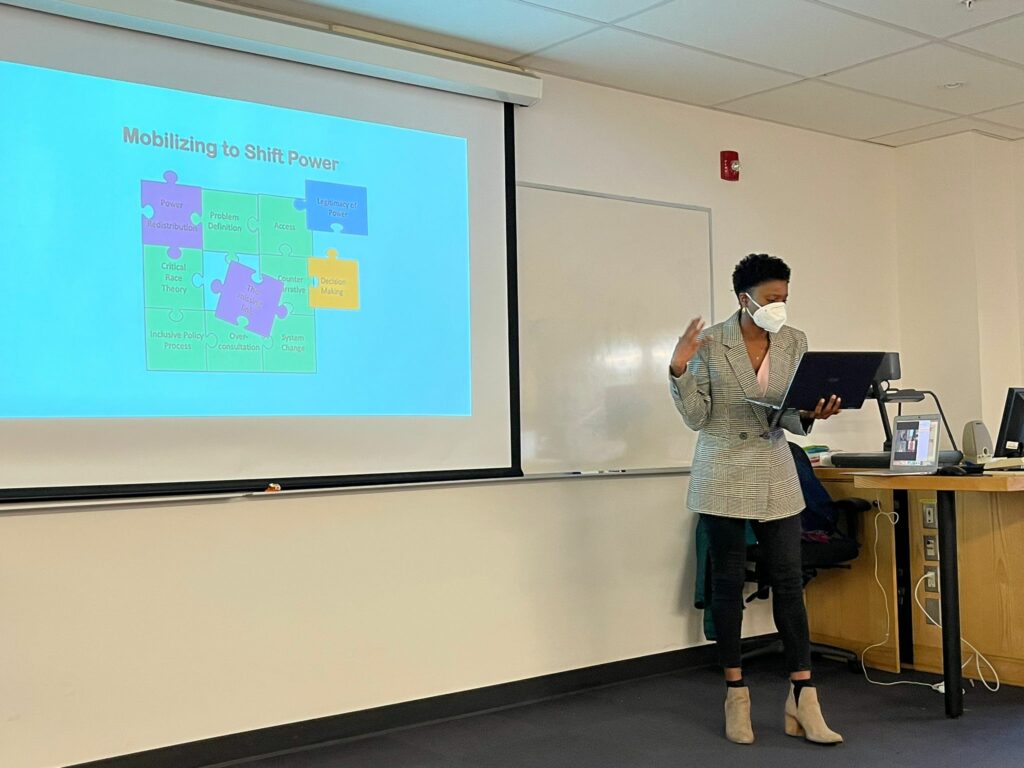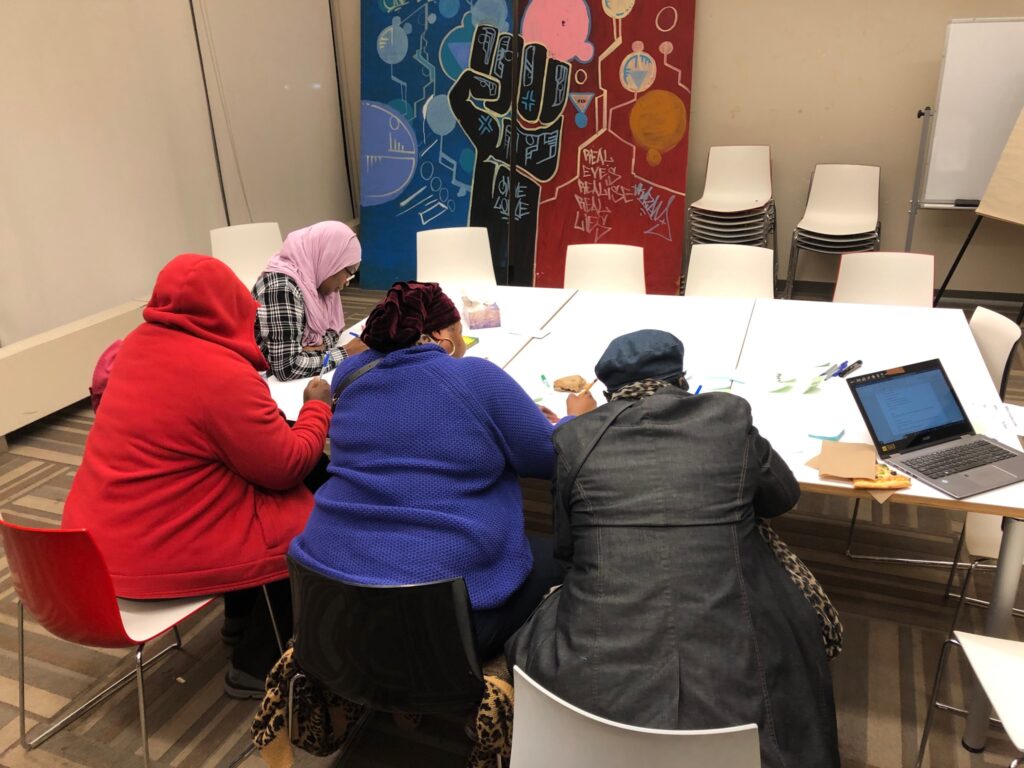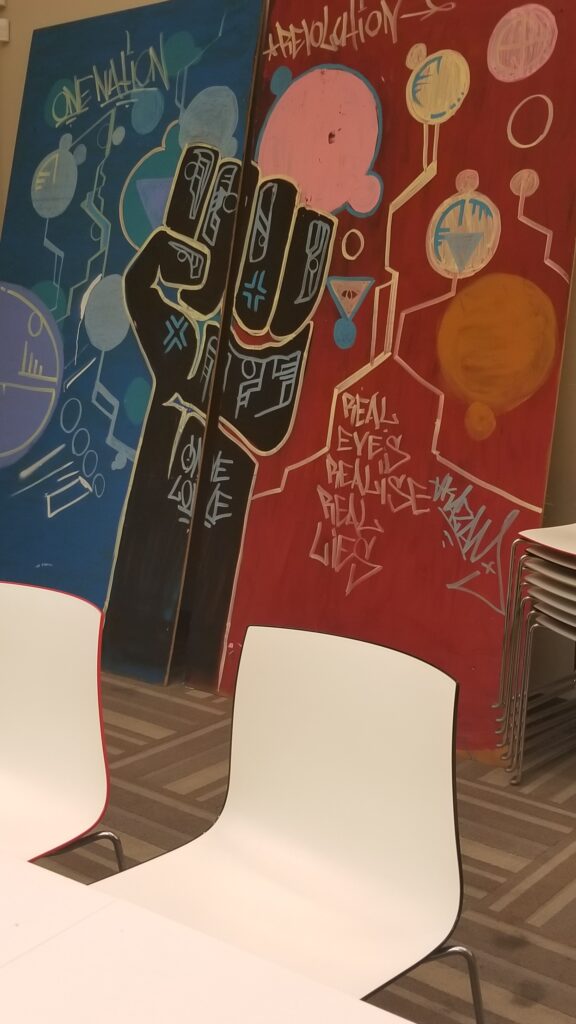
A closer look into Shava McLean’s Master of Leadership and Community Engagement (MLCE) professional degree program Capstone Project
The Faculty of Education is proud to showcase the work of Master of Leadership and Community Engagement (MLCE) professional degree program student Shava McLean, who is making a significant impact in the field of education through her capstone project, "Mobilizing to Shift Power."
“The project sets out to better understand how non-profits and grassroots leaders might reimagine mobilization approaches as a vehicle that enables Black and Brown voices to direct and to be in control of policies that affect them in pushing for police reform and broader access to justice,” Shava says. “And to further share recommendations for inclusive policy-making practices that lawmakers and community organizers should be aware of.”
Through this project, McLean had the chance to ally with grassroots leaders and community organizations in Toronto's Regent Park neighborhood to complete her research.
One such leader was Joseph K. from Regent Park, a dedicated community activist who has been making positive change in the community through using media documentation and community storytelling as a tool to challenge dominant narratives that are harmful to racialized communities. McLean also collaborated with Community leader Sureya Ibrahim from Toronto Centre for Learning and Development (TCCLD), who played an integral role in ensuring that her research authentically centered BIPOC voices. To complete her research, McLean also worked closely with Mothers of Peace – Regent Park, a grassroots group, comprised of racialized female-identified resident leaders who have been impacted or provide leadership support to victims of gun violence in Toronto Downtown East. The group engages in numerous community mobilization efforts, served as a community crisis response collective, while advocating for neighborhood safety, racial justice and economic opportunities for low-income residents.

“The capstone work contextualizes Black and Brown communities’ socio-historical experience of excessive use of police force and broader systemic injustices as symptomatic to a much larger problem of lack of equitable access to public participatory processes and decision-making power over the policies that impact them,” Shava says. “A number of processes, techniques, program materials, oversight bodies were drawn on to bring this project to life.”

McLean notes that her research drew on a number of theoretical frameworks, which included: Critical Race Theory, Design Thinking, community centered leadership, and anti-oppressive research practices. "Part of that included recognizing that, in the search to understand and challenge the way power is constructed, research in itself is laden with power,” she says. “Traditionally, researchers hold significant decision-making over the research process and framing.
“In my capstone research work, I took a decentralized approach by creating pathways for research participants to have input and control over the research". The significance of McLean's work is not only felt in the University's Faculty of Education, but also in the broader Ontario education community. Her research shines a light on the importance of inclusive policy-making and the need to empower marginalized voices in the fight for justice.
"It's important for the education community to understand the impact of systemic injustices on marginalized communities and to work towards creating inclusive and equitable policies," says McLean.
Article by Dennis Bayazitov special contributing writer.
